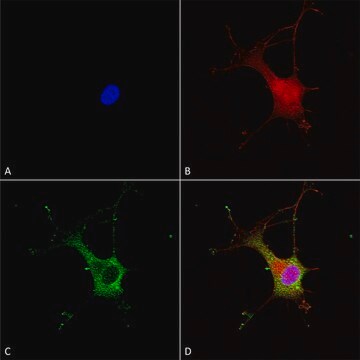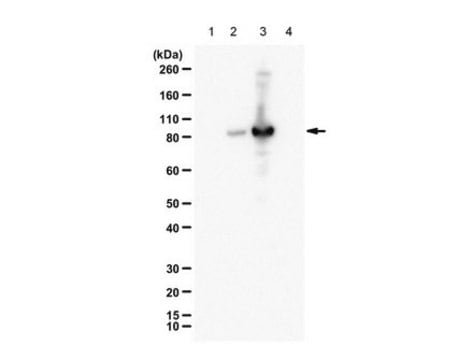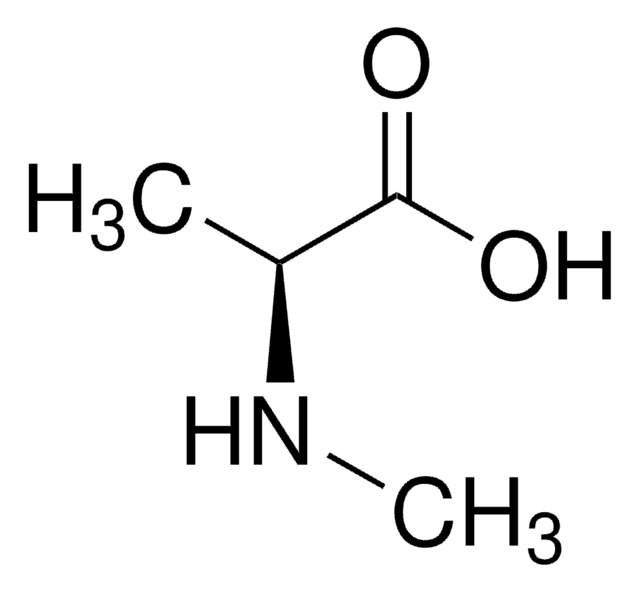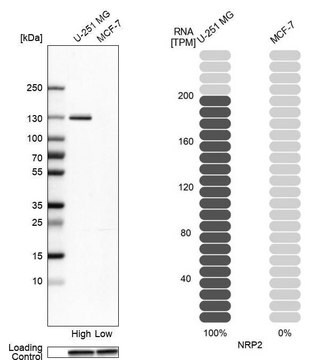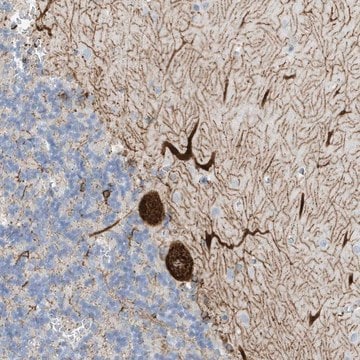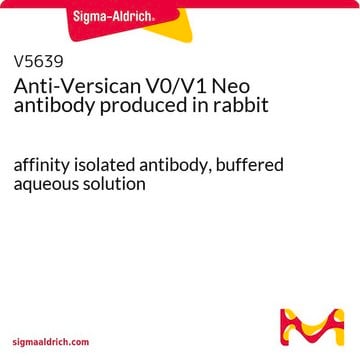詳細
Monoglyceride lipase (MGL), or alternatively HU-K5, Lysophospholipase homolog, Lysophospholipase-like, or Monoacylglycerol lipase (MAGL) is a protein encoded by the MGLL gene in humans and is very important in lipid metabolism. Monoglyceride lipase is the enzyme that converts monoacylglycerides (key building blocks of lipids) into free fatty acid chains and glycerol. Also, Monoglyceride Lipase hydrolyzes endocannabinoids which ultimately can regulate nociperception and the perception of pain, so the enzyme is being studied in pain mediation therapies. Monoglyceride Lipase is expressed in many tissues including fat, lung, liver, brain and heart. In disease, Monoglyceride Lipase is being studied most intensely in cancer research. In some cancers it appears to be play a suppressive role in regulating AKT mediated signaling, but in others, since the enzyme regulates the levels of fatty acids that can serve as intra and intercellular signaling molecules, Monoglyceride lipase activity seems to promote cancer cell migration, invasion and growth.
免疫原
Recombinant protein corresponding to mouse MAGL.
アプリケーション
Research Category
ニューロサイエンス
Research Sub Category
発生シグナル伝達
Immunohistochemistry Analysis: A 1:50 dilution from a representative lot detected MAGL in human cerebral cortex tissue.
Immunohistochemistry Analysis: A representative lot detected MAGL in human hippocampus tissue (Mulder, J., et al. (2011). Brain. 134:1041-1060).
This Anti-MAGL Antibody is validated for use in Western Blotting and Immunohistochemistry for the detection of MAGL.
品質
Evaluated by Western Blotting in mouse brain tissue lysate.
Western Blotting Analysis: 0.5 µg/mL of this antibody detected MAGL in 10 µg of mouse brain tissue lysate.
ターゲットの説明
~ 31/33 kDa observed. This protein can be alternatively spliced, so western blots may show a doublet. Evidence for alternative splicing of MAGL, can run as doublet, ~31 and ~33 kDa
物理的形状
Affinity purified
Purified rabbit polyclonal in buffer containing 0.1 M Tris-Glycine (pH 7.4), 150 mM NaCl with 0.05% sodium azide.
保管および安定性
Stable for 1 year at 2-8°C from date of receipt.
その他情報
Concentration: Please refer to lot specific datasheet.
免責事項
Unless otherwise stated in our catalog or other company documentation accompanying the product(s), our products are intended for research use only and are not to be used for any other purpose, which includes but is not limited to, unauthorized commercial uses, in vitro diagnostic uses, ex vivo or in vivo therapeutic uses or any type of consumption or application to humans or animals.
